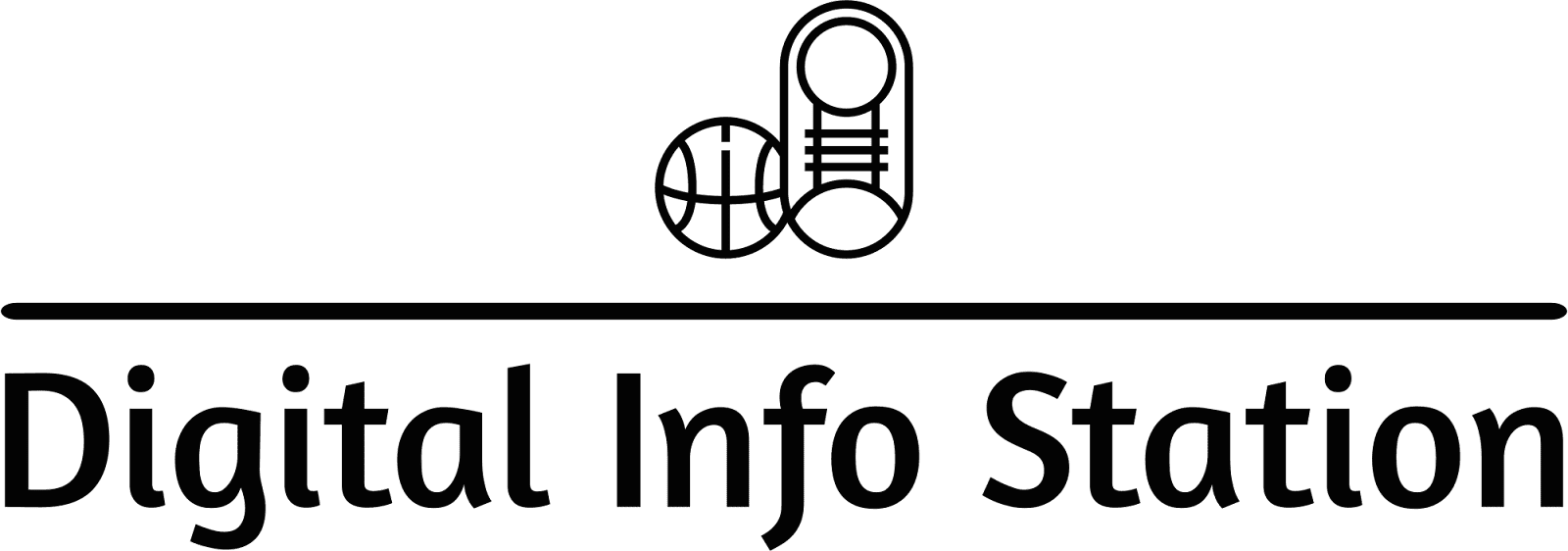Healthcare is an important thing for every country and digitalization has revolutionized the healthcare system of every country. Mobile apps are playing a vital role in the digitalization of the healthcare industry and transformed the way individuals manage their health, interact with healthcare providers, and access medical information.
According to research conducted by Precedence Research, the global mHealth apps market is projected to grow at a CAGR of 34.3% from 2021 to 2028 . These apps leverage various technologies to provide a wide range of services, from telemedicine to fitness tracking, revolutionizing the way we approach healthcare.
Types of Healthcare Apps
Healthcare apps have become essential tools for managing health and wellness. These apps offer various features and functionalities aimed at addressing different healthcare needs, making it easier for individuals to take control of their health. Let's explore some common types of healthcare apps and how they can benefit users
Telemedicine Apps
Telemedicine apps leverage digital technologies to facilitate remote consultations, diagnosis, and treatment, eliminating the need for in-person visits to healthcare facilities. With the integration of artificial intelligence (AI) capabilities, these apps offer advanced features such as symptom assessment, virtual triage, and personalized health recommendations, enhancing the efficiency and effectiveness of remote healthcare delivery.
Fitness and Wellness Apps
Fitness and wellness apps play a crucial role in empowering users to take control of their health. With personalized workout plans tailored to individual fitness levels and goals, these apps make exercise more accessible and enjoyable. Moreover, they provide valuable insights into users' progress, allowing them to track their performance over time and make informed decisions about their fitness journey.
In addition to physical fitness, many apps also focus on mental well-being. Features such as guided meditation, stress management techniques, and sleep tracking help users manage their stress levels and improve their quality of sleep. By addressing both the physical and mental aspects of health, these apps offer holistic support for overall wellness.
Chronic Disease Management Apps
In today's digital age, managing chronic diseases has become more manageable with the aid of technology. Chronic disease management apps are revolutionizing healthcare by offering accessible, convenient, and personalized solutions to individuals living with long-term health conditions. These apps utilize various features, including tracking tools, educational resources, medication reminders, and communication platforms, to empower users in better managing their health and improving their quality of life.
Mental Health Apps
Mental health apps provide a range of services, from meditation and mindfulness exercises to therapy sessions and mood tracking. These apps aim to make mental health support more accessible and convenient for users worldwide. With just a few taps on a smartphone, individuals can access coping strategies, self-help tools, and even connect with licensed therapists.
Women's Healthcare Apps
Women's healthcare apps are revolutionizing how women manage their health, offering accessible tools and resources tailored to their specific needs. These applications leverage technology to provide personalized support, ranging from menstrual cycle tracking to reproductive health management.
Women's healthcare apps represent a significant advancement in promoting women's health and well-being. Through innovative features, accessible design, and a commitment to user privacy, these apps empower women to prioritize their health, make informed decisions, and take control of their futures. As technology continues to evolve, women's healthcare apps will play an increasingly vital role in supporting women's health and promoting positive health outcomes.
Pharmacy Delivery Apps
pharmacy delivery apps have emerged as a convenient and accessible solution for individuals seeking to refill prescriptions and access medications from the comfort of their homes. These innovative applications leverage technology to streamline the process of ordering, managing, and receiving medications, thereby revolutionizing the way people interact with pharmacies. With their user-friendly interfaces and efficient delivery services, pharmacy delivery apps are making healthcare more accessible and convenient for users across the globe.
In conclusion, healthcare apps have become indispensable tools for promoting health and wellness in today's digital age. By leveraging AI technology and innovative features, these apps empower individuals to take control of their health, access care remotely, and make informed decisions about their well-being. As the healthcare landscape continues to evolve, healthcare apps will undoubtedly play an increasingly prominent role in shaping the future of healthcare delivery and patient engagement.



